Summer School
The Cybernetic Advertising Agency
13.08.2018 – 18.08.2018The Cybernetic Advertising Agency
Summer School
The Cybernetic Advertising Agency
13.08.2018 – 18.08.2018The Cybernetic Advertising Agency
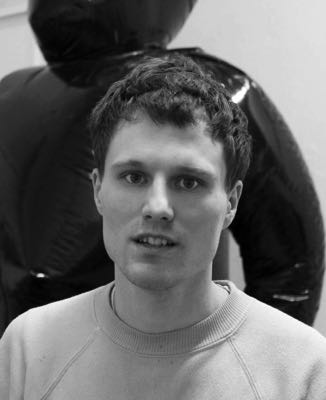
Artúr van Balen examines the overlaps between visual arts, performance and activism and founded the group 'Tools for Action'. With 'Tools for Action' he gives participatory workshops, how to build inflatable sculptures and use them for political actions. He studied philosophy at the University of Amsterdam and fine arts at the Berlin University of Arts. In 2017, he received the price for arts education of the Federal Government for Culture and the Media (BKM Preis für Kulturelle Bildung) for his project 'Mirror Barricades’ together with the Schauspiel Dortmund. 2018 he co-curated the exhibition Floating Utopias, about inflatable art and the utopian imagination at the neue Gesellschaft for bildende Kunst in Berlin.
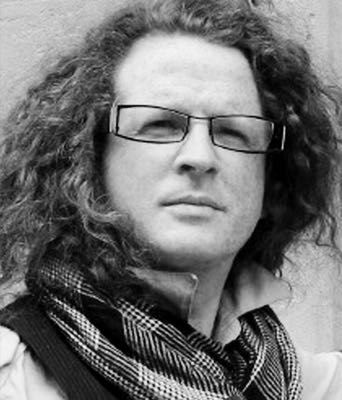
Trained as a filmmaker at Concordia University Montreal, he has a doctorate in digital aesthetics from the University of Arts Berlin. From 2005-2008 he was professor of Media Art at Yonsei University Graduate School for Communication and Arts in Seoul, Korea. He is active member of the Telekommunisten, Arts & Economic Group and laboratoire de déberlinisation artist collectives. Author of ‘Gratitude for Technology’ (Atropos Press, 2009), ‘A Political Economy of the Smallest Things’ (Atropos Press, 2016), and Digital Materialism (Emerald Group Publishing, 2018) he currently lectures in philosophy of digital art at the University of Arts Berlin and in cybernetic aesthetics at the TU Cottbus.
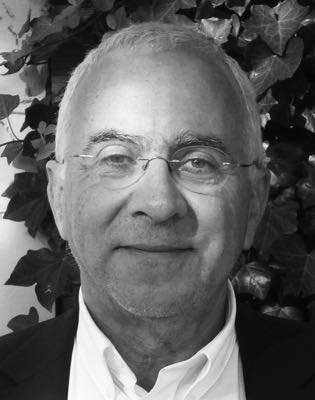
Loet Leydesdorff (Ph.D. Sociology, M.A. Philosophy, and M.Sc. Biochemistry) is Professor in the Dynamics of Scientific Communication and Technological Innovation at the Amsterdam School of Communications Research (ASCoR) of the University of Amsterdam. He is Honorary Professor of SPRU - the Science and Technology Policy Research Unit of the University of Sussex; Visiting Professor of the Institute of Scientific and Technical Information of China (ISTIC) in Beijing; and of the School of Management of Birkbeck, University of London. Leydesdorff has published extensively in systems theory, social network analysis, scientometrics, and the sociology of innovation.

Shailoh Phillips is a polymash media artist/researcher/educator. Originally trained in Anthropology, Philosophy and Cultural Analysis (University of Amsterdam, Humboldt University). For the past 10 years, her practice has mainly been dedicated to developing critical pedagogies in the context of arts, design and technology education. Shailoh's practice revolves around fostering playful forms of resistance, seeking out pressure points to act in the face of social inequalities and unfolding ecological disasters. In 2017, she graduated from the MA Education in Arts and Design (Piet Zwart Institute). Currently, she is a PhD researcher in the Critical Making Consortium, also teaching at the Willem de Kooning Academy, and at the Design Academy Eindhoven.
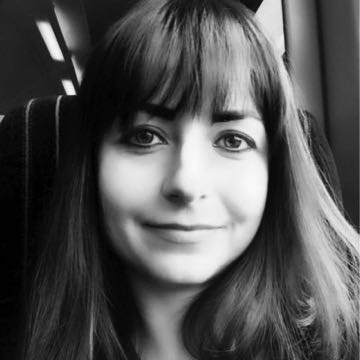
Elisa Serafinelli specialises in Media, Communication and Society with six years of experience in research and teaching. Elisa obtained her Doctorate in 2015 (Dpt of Social Sciences, University of Hull) with a research project focusing on the interrelationships between new mobile technologies and the social communication of photography. Her dissertation examined how the mediation of digital technologies affords the development of new social behaviors within the media convergence landscape. Elisa started her academic career in Italy (BA Universita’ di Siena, MA Universita’ di Roma TRE) where she had chance to work as teaching assistant for various modules in Digital Media. Since the beginning of her studies Elisa has been developing a personal interest in the relationships between new media and visual communication. Her current research explores mobile media practices with particular focus on privacy and surveillance issues related to the growing use of drone technologies.
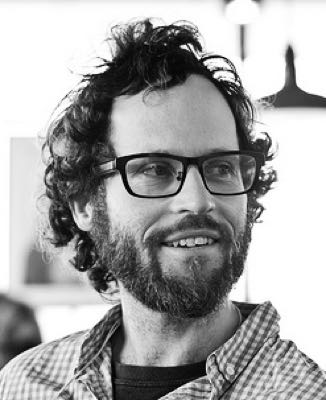
Marc Tuters teaches New Media and Digital Culture at the University of Amsterdam with a focus on media theory. As a researcher affiliated with the Digital Methods Initiative (DMI) and as the director of the Open Intelligence Lab (OILab) he primarily focusses on how online subcultures constitute themselves as political movements. Prior to this, Marc’s research contributed to the field of new media art discourse by developing the concept of ‘locative media’, around which he established a practice, speaking and exhibiting at international events including ISEA, Impakt Festival, DEAF, and transmediale.

 previous
previous next
next